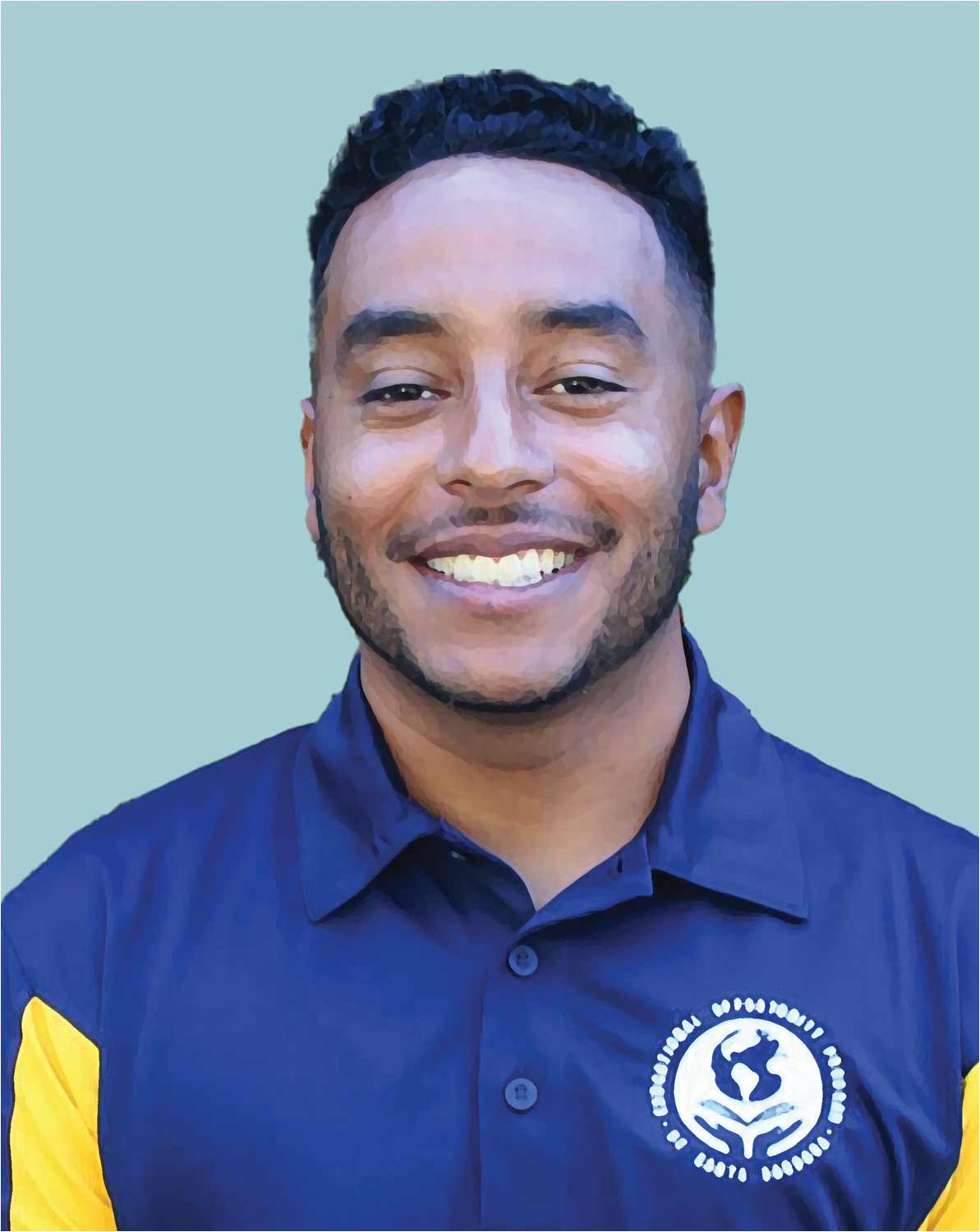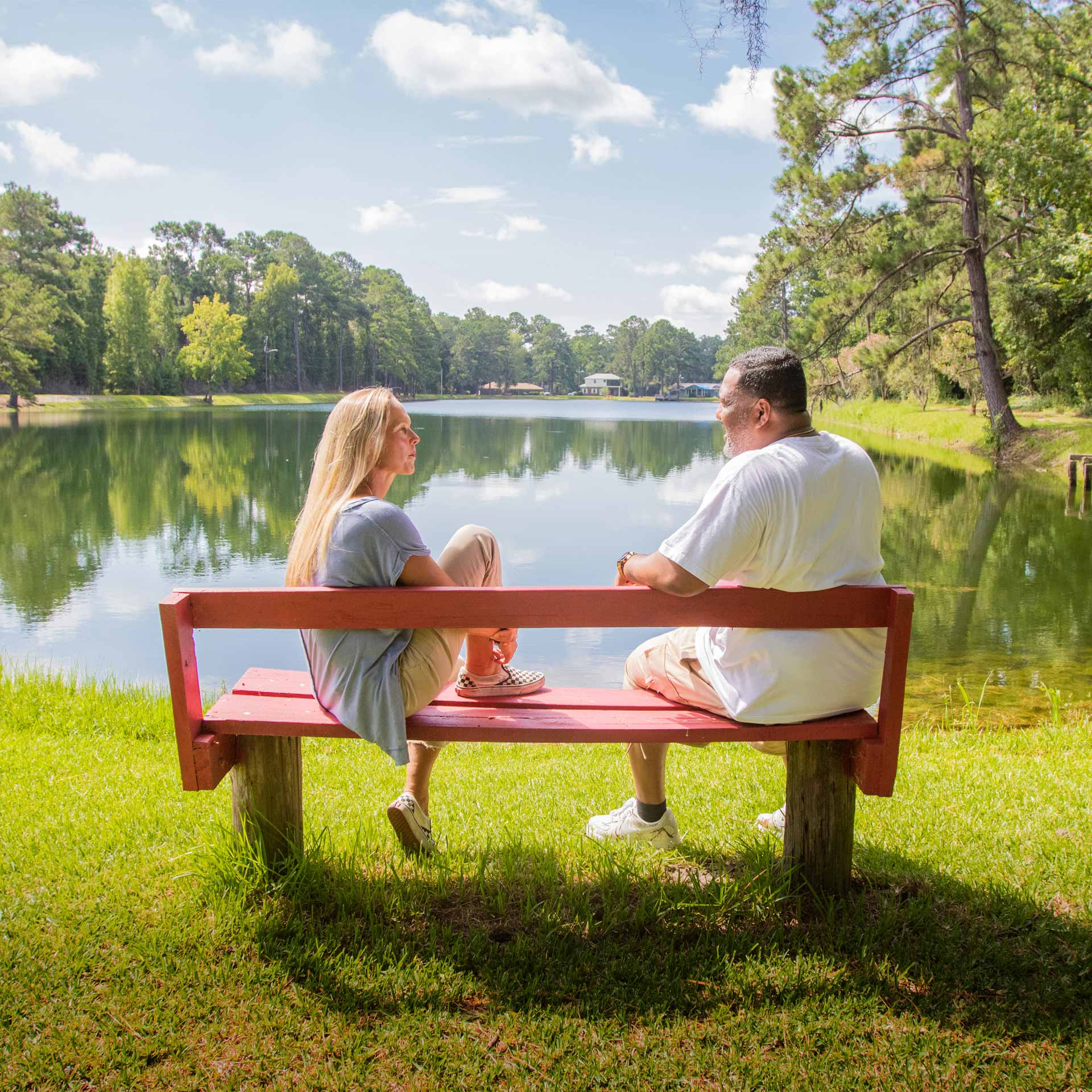When Luther Richmond took a job at UC Santa Barbara, it meant returning to the city where he grew up and to the campus where he earned his bachelor’s degree. That he landed, specifically, in a program that had helped him so much as a student? That’s a homecoming trifecta.
Today Richmond, a third-generation Santa Barbara local, is a counselor in the university’s Educational Opportunity Program (EOP), where he’d once sought guidance himself while applying for graduate schools. He also directs the EOP’s Summer Transitional Enrichment Program, which assists first-year, first-generation EOP students with their transition to university life through a weeklong residential stay on campus before their first quarter. And he has helped to coordinate the American Indian & Indigenous Cultural Resource Center.
“In my counseling, I help students navigate a variety of issues related to student life,” says Richmond, who majored in communication at UCSB, then earned a master’s degree in counselor education at San Jose State University. “We take a holistic approach to our counseling, which means that in any given appointment, the student and I may touch on academics, finances, time management, relationships and other personal issues. We reframe perspectives and review student-initiated options for resolutions to best address the issues for the individual.
“I provide mentorship, counseling and cultural connection support to help improve first-generation students’ family socioeconomic status and build long-term goals for the individuals,” Richmond adds. “I love what I do at EOP; all of this work is very rewarding to me in different ways.”
His work, and how he feels about it, were perhaps foretold halfway into his undergraduate tenure, when he worked as a mentor for a campus-based initiative that focused on supporting local K-12 Native American students. It proved to be pivotal for his future development as a counselor.
“I took a sports-based approach to coach these individuals and their families in their journey toward higher education,” he recalls, adding that the experience crystallized for him “what I valued, what motivated me and what type of work would make me feel rewarded and purposeful. Going into my senior year, I felt more confident that I had the intangibles needed to become a good counselor.”
Taking that time to reflect is something Richmond advises for students he works with through EOP — and for all students, he says.
“What experiences do you want to have?” he asks. “What do you want to improve on? What do you want to learn more about? College goes by so fast that if you don’t reflect intentionally, it can be difficult to get to where you want to go and be who you want to be.”



